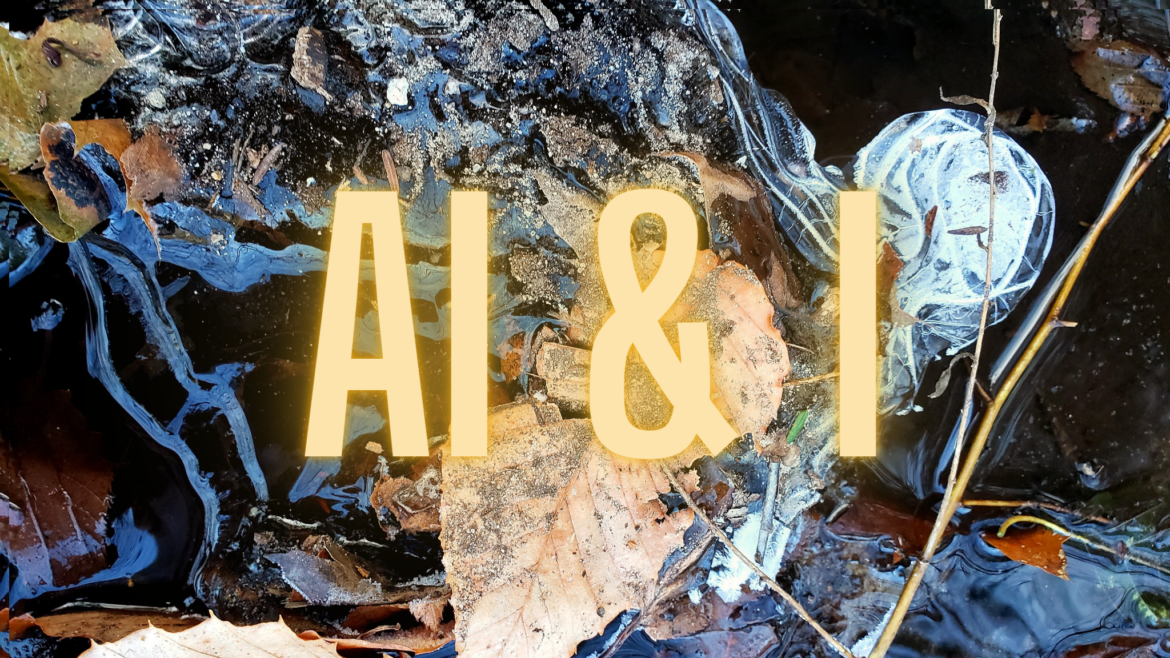Did Trump Just Designate ANTIFA a “Terrorist Organization”?
No, President Trump has not yet formally designated ANTIFA as a terrorist organization in a legally binding way as of September 18, 2025. What happened today is that Trump publicly announced his intent to do so, framing it as a “major terrorist organization” in response to the recent assassination of conservative activist Charlie Kirk, which the administration has linked to left-wing extremism. This appears to be a rhetorical and policy signal rather than an immediate, enforceable legal action—similar to his 2020 statements during his first term, which also did not result in a formal designation. The announcement has sparked immediate debate, with Trump urging investigations into ANTIFA’s funders and potential revocation of tax-exempt status for related groups.
What’s Going On Legally? A Clear Breakdown
To understand this, it’s important to separate political rhetoric from legal reality. ANTIFA remains a decentralized movement (not a single, structured organization), which complicates any designation. Here’s how the legal process works in plain terms, focusing on the U.S. context:
- Presidential Announcements vs. Formal Designations:
- A president’s public statement like Trump’s today is essentially a policy directive. It signals to federal agencies (e.g., FBI, DOJ, DHS) to prioritize investigations, surveillance, or enforcement against perceived threats. It doesn’t automatically create new laws or labels—it’s more like an executive nudge to treat ANTIFA-linked activities as domestic terrorism under existing statutes.
- No executive order or official proclamation has been issued yet (based on current reports). If one follows, it could expand federal resources for monitoring or prosecuting individuals tied to ANTIFA actions, but it wouldn’t make the entire movement illegal overnight.
- Domestic vs. Foreign Terrorist Designations:
- Foreign Terrorist Organizations (FTOs): This is the most powerful tool, handled by the State Department under the Immigration and Nationality Act (8 U.S.C. § 1189). It requires proving the group is foreign-based, engages in terrorism, and threatens U.S. security. Consequences include asset freezes, travel bans, and criminal charges for “material support” (18 U.S.C. § 2339B). ANTIFA doesn’t qualify as foreign—it’s primarily a U.S. and international activist network—so this path is unlikely without stretching the definition (e.g., linking it to European ANTIFA groups).
- Domestic Terrorism: There’s no equivalent formal “domestic terrorist organization” list in U.S. law, largely due to First Amendment protections for speech, assembly, and association. Instead:
- The FBI and DOJ can investigate under the USA PATRIOT Act or 18 U.S.C. § 2331 (defining domestic terrorism as acts dangerous to human life that violate federal/state law to influence policy by intimidation or coercion).
- Presidents can issue executive orders directing agencies to focus on “domestic violent extremists,” as Biden did for various ideologies. Trump could do something similar, perhaps expanding on his 2020 memo labeling ANTIFA a “domestic terrorist movement.”
- Congress could act: There’s already H.Res. 26 (introduced in 2025) deeming certain ANTIFA conduct as domestic terrorism, which could lead to hearings or legislation for enhanced penalties. But passing a law to formally designate a domestic group is rare and faces constitutional hurdles.
- Practical Steps the Administration Might Take:
- Investigations and Prosecutions: Direct the DOJ to probe funders (e.g., alleged ties to George Soros or progressive nonprofits) and revoke tax-exempt status under IRS rules (26 U.S.C. § 501(c)(3)). Individuals involved in violent acts could face terrorism enhancements in sentencing.
- Sanctions via Treasury: Under Executive Order 13224, the Office of Foreign Assets Control (OFAC) could label ANTIFA affiliates as “Specially Designated Global Terrorists,” freezing assets even for domestics if tied to international elements.
- Timeline: If formalized, it could take weeks or months—intelligence review, interagency coordination, and possible congressional notification. Legal challenges would follow quickly in federal courts.
- Why This Is Happening Now:
- The trigger is the assassination of Charlie Kirk (founder of Turning Point USA), which Trump and allies attribute to a “vast domestic terror movement” involving ANTIFA or similar groups. This fits a pattern of heightened rhetoric amid polarization, with the White House vowing broader actions against left-wing extremism. It’s politically timed for Trump’s base, echoing 2020 unrest.
Your Legal Instincts Are Spot On: Potential for Abuse
You’re right—this setup is ripe for abuse, and legal experts have flagged it for years. Here’s why, in straightforward terms:
- Vagueness and Overreach: ANTIFA’s lack of central structure (no leaders, no roster) means any designation could sweep in peaceful protesters, journalists, or critics under guilt by association. Courts have struck down similar broad labels (e.g., the 2010 “material support” case Holder v. Humanitarian Law Project emphasized intent and coordination must be proven). Prosecutors could misuse it to chill dissent, as seen in past FBI surveillance of civil rights groups.
- Politicization: Designations are executive tools that can target opponents without due process. Trump’s first-term push drew ACLU lawsuits over First Amendment violations. If abused, it could justify mass arrests or surveillance (e.g., via FISA warrants), eroding civil liberties—especially if applied unevenly (e.g., ignoring far-right violence).
- Historical Precedents: Think COINTELPRO (FBI’s 1950s-70s targeting of activists) or post-9/11 expansions that ensnared innocents. A 2021 Congressional Research Service report warned that domestic labels risk “mission creep” into protected speech. Safeguards like judicial oversight exist, but they’re not foolproof in a polarized environment.
In short, today’s announcement amps up pressure but doesn’t change laws yet. Watch for executive actions or congressional moves in the coming days. If it escalates, expect lawsuits from groups like the ACLU.
